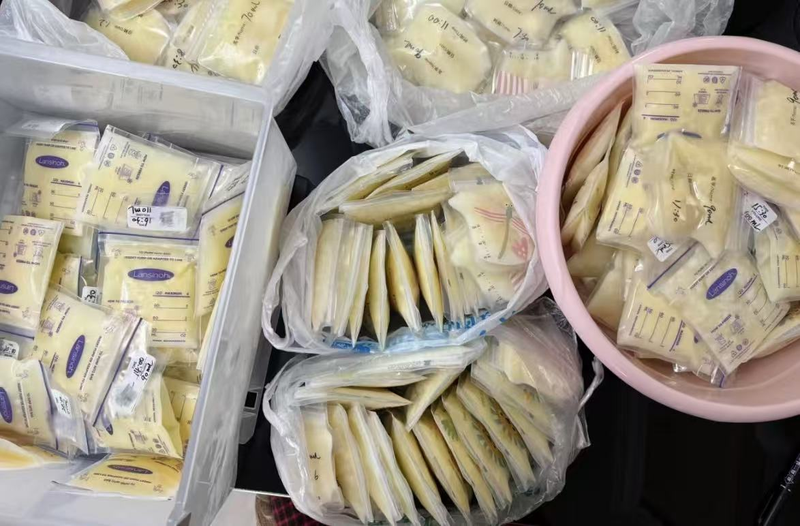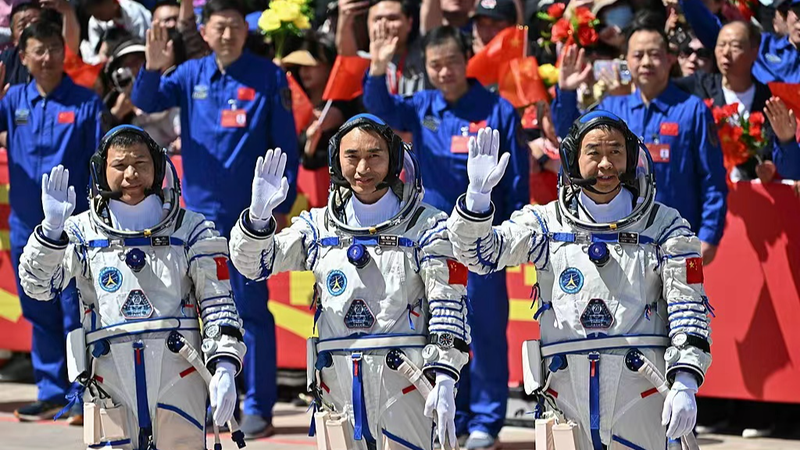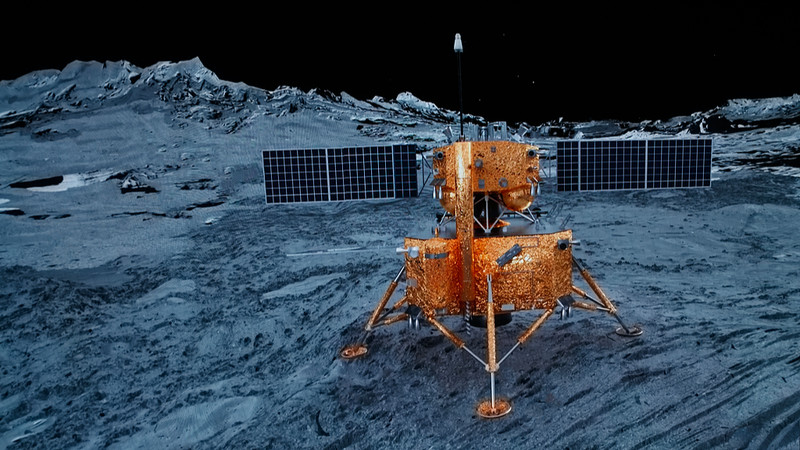At dawn this March, inside the milk collection room at Northwest Women and Children’s Hospital in Xi’an, donor mother He Xiaojing pens a message on her donation card: 'Wishing you strength until you’re back in your parents’ arms.' Now a mother of two, she visits twice a month to donate surplus breast milk to fragile preterm infants.
Rigorous Screening and Storage
Each donation undergoes thorough bacteriological and viral tests before Holder pasteurization. Once cleared, the milk is portioned, labeled with batch numbers and timestamps, then frozen at –20°C. These parcels act as ‘life contracts’ awaiting dispatch to neonatal intensive care units.
Community Effort Behind the Scenes
Donors come from all walks of life: white-collar workers squeeze in visits during lunch, postpartum mothers brave early-morning cold in thick coats, and one woman travels 24 kilometers across Xi’an by bus and metro to deliver fresh milk. Their efforts reduce risks of necrotizing enterocolitis, retinopathy of prematurity and severe infections.
Impact and Data
Since its launch in April 2022, the hospital’s human milk bank has served 703 premature babies with 469,819 milliliters of donor milk from 490 mothers. Babies born as early as 24 weeks’ gestation or weighing only 400 grams benefit most, with 90% of supply going to infants under 1,500 grams.
Urgent Call and Social Momentum
This spring, a surge in preterm NICU admissions drained reserves to just three days’ worth of milk. On March 16, head nurse Wang Qian issued an urgent online appeal, outlining donor criteria: non-smoking, non-drinking mothers within ten months postpartum with clear blood tests. Within hours, views jumped into the thousands, and mothers like Li Xia and Su began donating—one contributing 490 milliliters after a 40-minute session, another making daily trips with a cooler.
Challenges and Future Steps
Operating costs average 1,500 yuan per 100 milliliters to cover testing, pasteurization and cold-chain logistics. Funding gaps and uneven awareness—some physicians still favor formula—lead to intermittent shortages. National guidelines on donor milk management mark progress, but experts like Liang Cuiping of Guangzhou Women and Children’s Medical Center stress the importance of a unified network akin to blood banks. “We hope every city will one day have a milk bank,” she says, “ensuring every tiny patient gets the best possible start.”
Reference(s):
Donor Mothers Supply Lifesaving Breast Milk to Premature Infants in Xi’an
bjnews.com.cn




